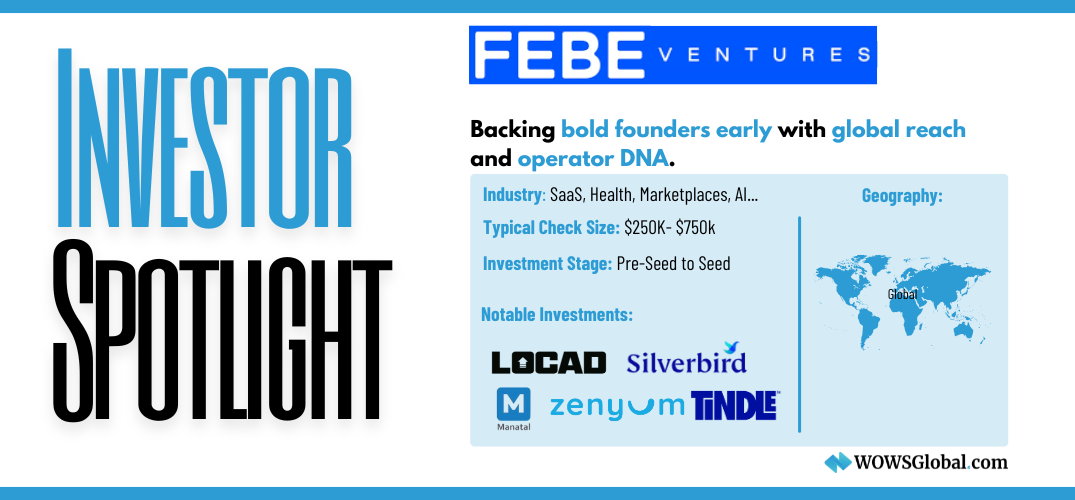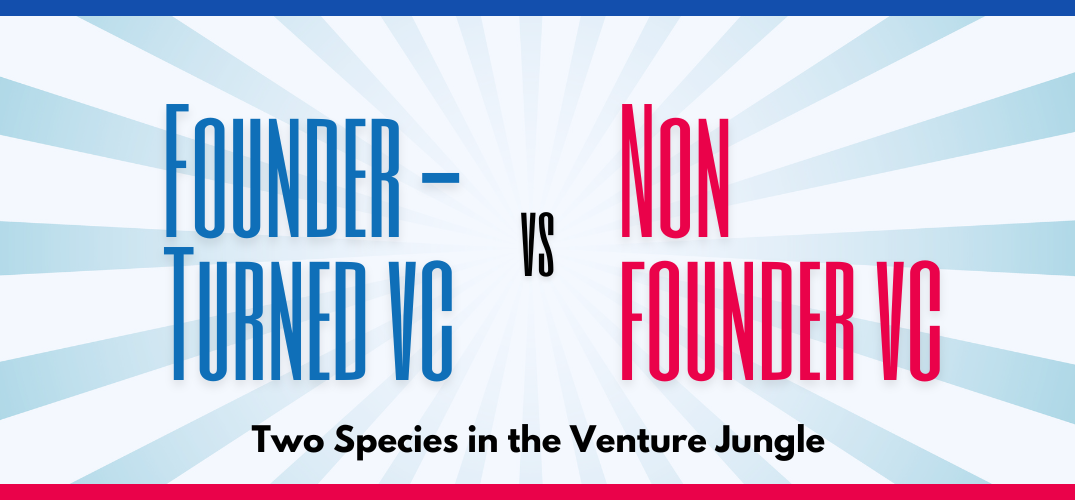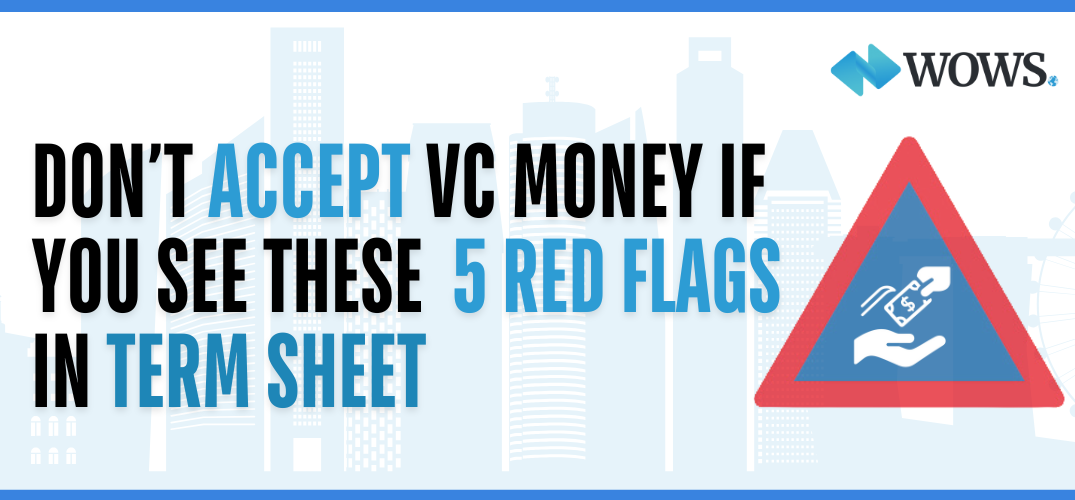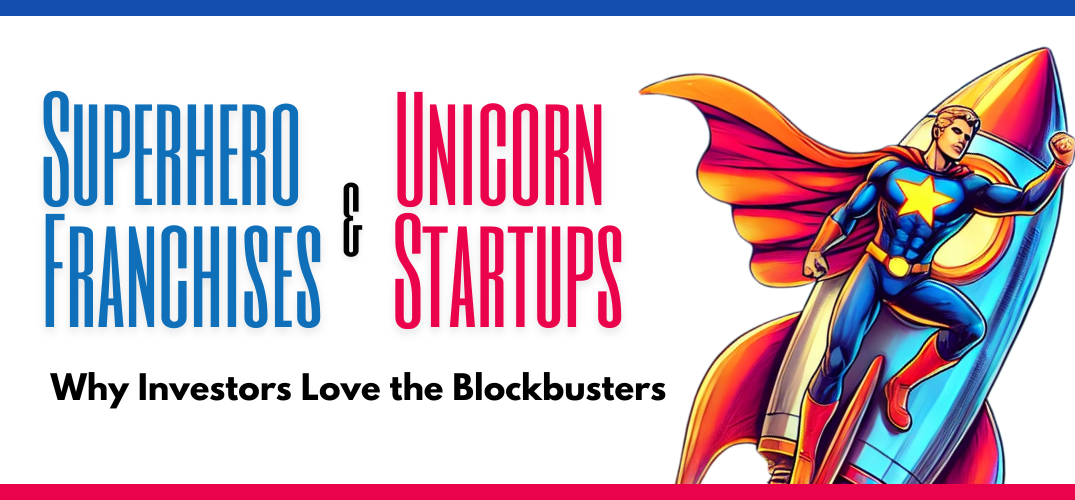What Is Venture Capital (VC) and how does it work?
Venture Capital

Ever wonder how some startups get the funding to turn their big ideas into reality? The answer is venture capital or VC. VC firms invest money in early-stage companies with the hope of making a huge return on investment. You've probably heard of some wildly successful startups that were backed by VC funding early on, like Facebook, Google, and Netflix.
But how exactly does the whole VC process work? If you're an entrepreneur with an innovative business idea, understanding venture capital can help you get the support and funding you need to launch and scale your startup. On the flip side, if you're an investor interested in emerging companies, VC offers a way to get in on the ground floor of what could become the next big thing. This article will walk you through the basics of how venture capital firms work, the steps to getting VC funding, and how to maximize your chances of securing an investment. By the end, you'll have a solid grasp of VC and be ready to take your startup dreams to the next level.
What Is Venture Capital (VC)?
Venture capital or VC refers to funding provided by investors to startup companies and small businesses that are believed to have long-term growth potential. VC generally comes from venture capital firms that pool money from limited partners like investment banks, pension funds, insurance companies, endowments, etc.
The VC firms then invest this money in high-risk, high-reward startups. They offer funding in exchange for equity in the company. If the startup succeeds, the VC firm can sell its stake for a large profit.
How does VC work?
- Startups pitch their business plans to VC firms to raise capital. If interested, the VC firm will evaluate factors like the management team, growth potential, and risks before investing.
- The VC firm provides funding in rounds (seed funding, Series A, B, C, etc.) in exchange for equity (ownership) in the startup. They get a percentage of shares that could be worth much more if the startup succeeds.
- The VC firm then mentors the startup and helps build connections. They offer guidance to maximize the odds of success. In return, they get a portion of profits and the ability to sell their shares for a sizable gain.
- Most startups fail, but a few become very valuable. The VC firm makes money by selling its equity in successful startups. They distribute profits to their limited partners.
In summary, VC fuels innovation by funding high-risk startups. It's a long game - most fail but a few "unicorns" deliver huge returns. For founders, VC means giving up equity for the capital and expertise to scale. For investors, it's a chance to get in on the ground floor of the next big thing!
How Venture Capital Firms Work
Venture capital firms are companies that invest in new, emerging businesses. They provide funding and guidance to help startup companies grow in exchange for equity in the company.
How VCs Operate
Venture capital firms raise money from large investors, like pension funds, endowments, and wealthy individuals. They then invest that money in promising young companies they believe could become very valuable.
VCs typically invest in companies for 3-7 years before exiting their investment. During that time, they work closely with company founders to help build the business. VCs join the company's board of directors, advise on key business decisions, help recruit top talent, and connect companies with potential customers or partners.
The goal of venture capital firms is to eventually sell their equity stake in the company through an initial public offering (IPO) or acquisition, hopefully for a big return on their investment. Returns of 3-10 times the initial investment or more are common for successful VC investments.
Of course, the vast majority of startups fail, so venture capital is very high risk. But when it pays off, the rewards can be huge. Companies like Google, Facebook, Uber, and Airbnb were all funded by venture capital early on.
Venture capital plays an important role in driving innovation. By investing in promising startups, VCs help bring new technologies, products, and services to market that can disrupt existing industries or create entirely new markets. High-risk, high-reward venture capital spurs progress.
Stages of Venture Capital Funding
Once you have a business idea and plan in place, you need funding to get it off the ground. Venture capital (VC) funding is one option for new companies. VC firms invest money in startups and small businesses in exchange for equity in the company. If the company takes off, the VC firm can sell their shares for a large profit.
Early Stage
The earliest funding round is called the "seed" or "angel" round. This is when founders, friends, family, and angel investors provide initial funding to develop a prototype and business plan. Amounts typically range from $50,000 to $2 million.
Series A
Series A is the first round of VC funding. Firms invest $2 million to $15 million in exchange for equity in the company, usually 10-30%. With Series A funding, you can hire key staff, further product development, and launch your solution.
Series B, C, and Beyond
In subsequent funding rounds—Series B, C and beyond—VC firms and other investors provide $10 million or more. These rounds help companies expand into new markets, acquire other companies, or further scale the business prior to an initial public offering (IPO).
The VC process starts with pitching your idea to firms to find interested investors. Be prepared for a long vetting process, as firms evaluate countless opportunities. If selected, you'll negotiate the funding amount and equity in exchange. The money isn't free—it comes with strings like board seats, reporting requirements, and potentially loss of control of your company if you can't meet agreed upon milestones.
While VC funding allows you to think big, the risks are huge. The majority of VC-backed startups fail, and you could lose your entire investment. However, for those that succeed, the rewards can be enormous. VC funding allows innovative ideas to reach their full potential and is behind many of the companies that shape our world today.
Pros and Cons of Venture Capital
Venture capital has its pros and cons, so you'll want to weigh them carefully before deciding if it's right for your startup.
Pros
Venture capital provides funding to get your business off the ground and help it grow quickly. VC firms invest money in exchange for equity in your company, so you don't have to take on debt. They also provide industry expertise and connections that can help your business succeed.
With VC funding, you'll have the capital to scale up fast by hiring top talent, expanding into new markets, and accelerating product development. You'll also gain credibility in the eyes of customers, partners, and future investors.
Cons
Giving up equity means losing control and ownership of your company. Venture capitalists expect a say in key decisions and a large portion of the returns. They may push for fast growth and an early exit that doesn't align with your vision.
There is also pressure to generate huge returns, often 10x the investment or more. This can lead to risky decisions that don't pan out. If you fail to meet milestones, investors may cut off funding and your company could go under.
The fundraising process itself also requires a major time commitment, taking focus away from building your business.
There is no guarantee of securing VC, and rejection can be demoralizing.
Venture capital is not for every startup. But for those with innovative ideas, ambitions of rapid growth, and tolerance for risk, the rewards of VC can be well worth it. The key is finding investors who share your vision and values, so you can build a partnership based on trust and mutually aligned incentives. With the right match, VC funding may be the fuel your company needs to accelerate into the fast lane.
Top Venture Capital Firms to Know
Some of the biggest names in venture capital are worth knowing. These firms invest in innovative startups with the potential for high growth. Getting VC funding from one of these firms is a major milestone and validation for any startup.
Kleiner Perkins
Founded in 1972, Kleiner Perkins is one of the oldest and most successful VC firms. They were early investors in companies like Google, Amazon, Snapchat and Spotify. Kleiner Perkins focuses on startups in the areas of technology, consumer Internet, enterprise software, and more.
Sequoia Capital
Sequoia Capital has been around since 1972 and has invested in companies like Apple, Google, Oracle, PayPal, Stripe, and WhatsApp. They focus on startups in technology, financial services, healthcare, and consumer products. Sequoia Capital is best known for identifying "black swan" startups that go on to become hugely successful.
Andreessen Horowitz
Founded in 2009 by Marc Andreessen and Ben Horowitz, Andreessen Horowitz (a16z) is one of the top VC firms. They invest in software companies at every stage, from seed to growth equity. Some of their portfolio companies are Airbnb, BuzzFeed, Facebook, Pinterest, and Slack.
Accel
Accel is another leading VC firm, founded in 1983. They were early investors in companies such as Facebook, Spotify, Slack, Dropbox, and Atlassian. Accel invests in startups from seed stage through growth stage, focusing on technology and software companies in areas like cloud, security, infrastructure, and mobile.
Greylock Partners
Greylock Partners has been in operation since 1965, making them one of the oldest VC firms. They were early investors in companies such as Facebook, LinkedIn, Pandora, Workday, and Zipcar. Greylock invests in both consumer and enterprise startups, especially in areas like social networking, cloud computing, mobile applications, and Software as a Service (SaaS).
Knowing the top VC firms, their investment preferences, and some of the successful startups they've funded can help in finding funding for your own startup. These firms have a proven track record of picking winners, so getting their support is a good signal you're onto something big.
Choose WOWS Invest
WOWS Invest is Southeast Asia’s most active investor matching platform that connects startups and investors
Apply now to be listed on WOWS Invest as a raising startup. Gain free exposure to thousands of Angel, Family and Institutional investors across the globe actively investing in fast-growing Startups.
In 2022, WOWS Invest has successfully deployed USD $72M on behalf of our esteemed WOWS Investor Network (including the likes of Monk's Hill Ventures, Liquidity Mars Growth Capital, Plug And Play, Seedstars, and many others) through a combination of equity financing as well as venture debt.
Conclusion
So now you have the lowdown on venture capital. While the concept may seem complex, VC is really about enabling innovation by providing funding and support to startups with big ideas. Venture capital has fueled massive growth for companies like Google, Facebook, and Uber. Who knows, maybe the next startup to get VC funding will be yours. If you have an ambitious vision for a new product or service that could disrupt an industry, venture capital may be the fuel you need to turn that vision into reality. The path to securing VC is challenging, but for the right entrepreneurs with the right ideas, venture capital can be a gateway to building the company of the future.
Related Posts
-

Venture Capital FEBE Ventures Seed
FEBE Ventures: Founders Backing Founders from Day One
More than capital, FEBE Ventures brings founder-first support, fast decisions, and real operational insight to early-stage startups across the globe. -

Venture Capital Founder Startup Funding
The Founder-Turned VC vs. The Non-Founder VC – Two Species in the Venture Jungle
Venture capitalists come in all forms, but two stand out: the battle-tested Founder-Turned VC and the strategic Non-Founder VC. Learn how their distinct approaches to risk, pivots, and due diligence shape their partnerships with startups and find out which one is the right fit for your journey. -

Startup Funding Venture Capital VC Red Flags
Don’t Accept VC Money If You See These 5 Red Flags in a Term Sheet
A term sheet sets the tone for your startup’s future, but not all deals are created equal. Learn the five red flags you should never ignore when negotiating VC funding to protect your vision and equity. -

Startups Venture Capital Unicorn Startups
Superhero Franchises and Unicorn Startups: Why Investors Love the Blockbusters
What do superhero franchises and unicorn startups have in common? Investors love them for the same reason—they’re scalable, high-impact, and built for long-term success. Learn why your startup needs an origin story, a killer team, and the potential to create a universe of opportunities in this blockbuster blog from WOWS Global. -

SEA MENA Venture Capital
October’s Funding Fiestas and Game-Changers: SEA and MENA’s Wild Ride Through the Investment Winter
October brought record-breaking investments and strategic partnerships to Southeast Asia and the Middle East. From electric vehicles to fintech, learn how startups and VCs are navigating the investment winter with resilience and ambition. -

Accelerators YC Alternative Venture Capital
Alternatives to Y Combinator: A Better Way to Accelerate Your Startup?
Let’s face it—when most founders think about startup accelerators, Y Combinator (YC) usually tops the list. It's the Ivy League of accelerators, famous for kickstarting unicorns like Airbnb and Dropbox. But, like choosing Harvard, going with YC has its drawbacks. The reality is that Y Combinator, and other traditional accelerators, might not be the silver bullet they seem for every startup.
